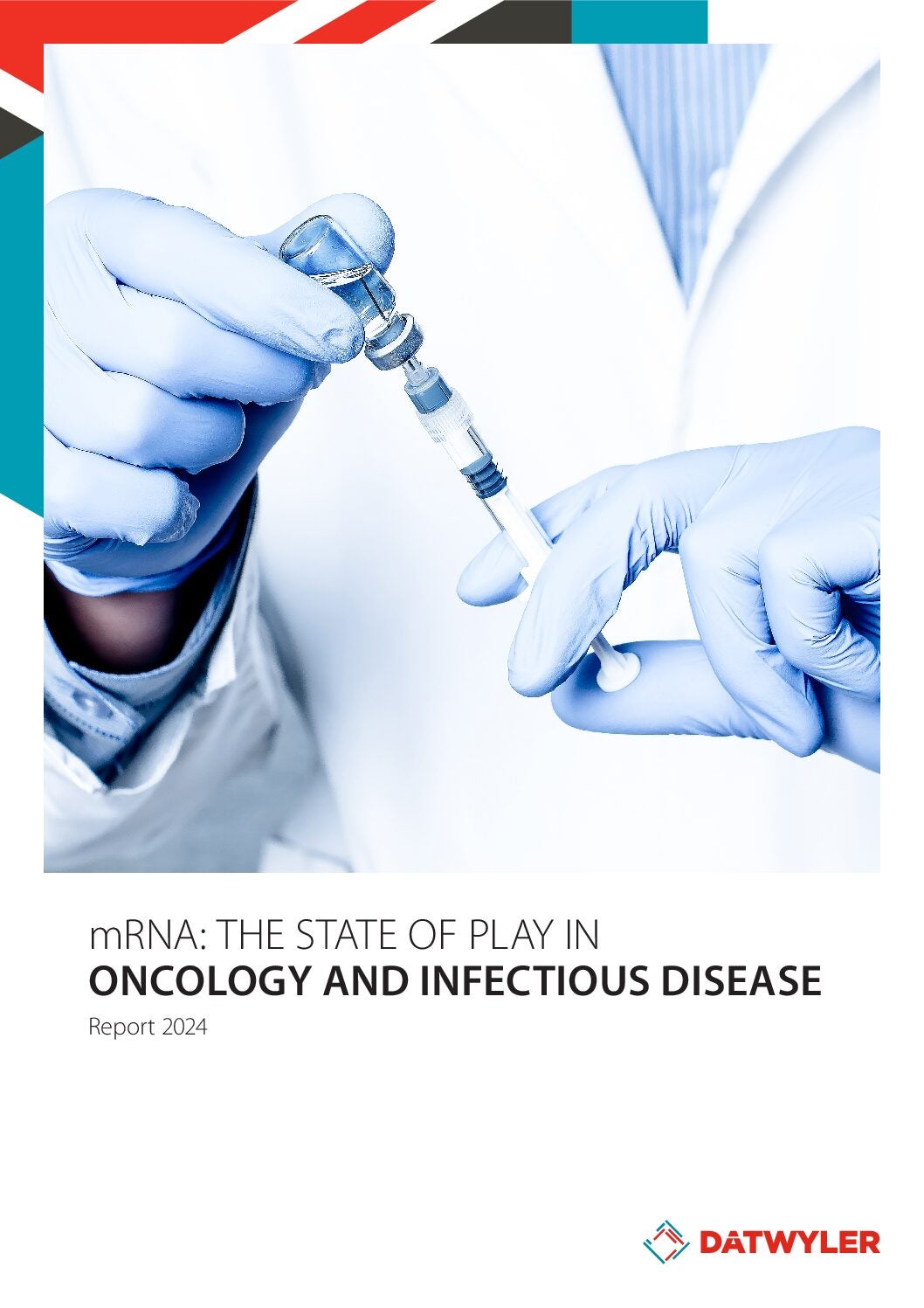
According to the National Cancer Institute, precision medicine is a form of medicine that uses information about a person’s genes, proteins, environment, and lifestyle to prevent, diagnose or treat disease. In oncology, precision medicine is enabling doctors to use a patient’s specific biomarkers to understand which type of therapy they are likely to respond to. This assists clinicians to make more informed decisions, ultimately ensuring patients get on the right medicine sooner.
In other use cases, precision medicine can involve harvesting mesenchymal stem cells extracted from the patient’s own bone marrow to repair damaged cartilage in conditions such as osteoarthritis. There are many more examples and applications of precision medicine, which also includes the growing field of cell and gene therapies.
According to GlobalData Thematic Intelligence, there were 493 deals involving pharma companies and precision or personalised medicine in 2023, amounting to $97.39 million. From Tempus and Pfizer’s multi-year strategic partnership to accelerate oncology drug development through AI, to Eli Lilly collaborating on Verve Therapeutics’ in vivo gene editing program, there is a lot happening in the space.
According to GlobalData, cell therapies remain the leading precision medicine drug type by clinical trial count and could also generate more than $52 billion by 2029, growing at a compound annual growth rate of 51% from $3 billion in 2022. There has also been a significant increase in gene therapy activity over the past few years. In fact, 2023 was a particularly successful year for the field, with approvals for gene therapies treating dystrophic epidermolysis bullosa, Duchenne muscular dystrophy, and Haemophilia A each becoming the first marketed treatment in their respective indications.
With precision medicine now at the forefront of biopharmaceutical innovation, we breakdown three huge trends shaping the future of the space.
Artificial intelligence
Artificial intelligence (AI) is playing a pivotal role in the enablement of precision medicine. AI has shown its potential to significantly reduce the time needed to analyse and interpret vast quantities of genomic sequencing data, identifying genetic mutations and suggesting targeted treatments. For example, AI tools such as Tempus and Foundation Medicine can analyse cancer genomics to identify mutations and prescribe targeted drugs. By incorporating a range of patient-specific data, AI models can also help to predict how a patient may respond to a specific form of medicine.
In drug development, AI is well known for its potential to accelerate discovery by offering improvements in the efficiency and accuracy of high throughput screening. Generative AI tools have also been successfully deployed in de novo drug design, identifying drug candidates with novel structures and promising therapeutic value.
Maddy Irwin, Thematic Intelligence analyst at GlobalData, summarises: “Training AI on the vast amounts of genomic data, health records, medical imaging, and other patient information has allowed an increased understanding of the biological mechanisms of diseases. AI-assisted mapping of disease pathways and protein and drug interactions through specialist vendors has created a deeper understanding of targets and assisted in identifying novel proteins and genes that can be targeted to counteract them.”
CRISPR-Cas9
The CRISPR-Cas9 gene editing tool is continuing to transform the biotech industry due to its potential to treat genetic disorders caused by single gene mutations quickly, cheaply, and precisely. At the end of 2023, the FDA approved its first medicine to use the CRISPR-Cas9 system. Developed by Vertex Pharmaceuticals and CRISPR Therapeutics, Casgevy promises to be a one-time therapy for sickle cell disease patients with recurrent vaso-occlusive crises. By 2029, GlobalData forecasts global sales of Casgevy to reach $593 million.
Meanwhile, earlier this year, Intellia Therapeutics and Regeneron enrolled their first patient in the Phase III MAGNITUDE trial studying NTLA-2001, a CRISPR-based gene therapy for the treatment of transthyretin amyloidosis with cardiomyopathy.
According to GlobalData, several difficulties are associated with conducting clinical studies for CRISPR therapies, including low enrollment rates, ethical issues, and the practical challenge of controlling and blinding the studies. Despite Casgevy’s approval, many key opinion leaders still have reservations about the technology’s safety, especially since long-term adverse events could still present in patients.
mRNA
After years of drug development challenges and knockbacks, mRNA vaccines had a breakthrough in August 2021 when Pfizer’s groundbreaking COVID-19 vaccine Comirnaty became the first drug of this kind to enter the global market. Since then, developers have continued to explore mRNA’s vast potential outside of COVID-19. Notably, the FDA gave out a record breaking number of review designations to mRNA vaccines in 2023, almost doubling the previous peak in 2021.
Jasper Morley, Drugs Intelligence Analyst at GlobalData, comments: “This surge suggested the FDA was turning its attention to, and promoting the development of, mRNA vaccines for indications outside of COVID-19. This conclusion was confirmed by the FDA approval of Moderna’s mRESVIA, an mRNA vaccine for respiratory syncytial virus (RSV), in May 2024—the first non-COVID-19 approval for an mRNA vaccine.”
As healthcare continues to evolve, greater use of precision medicine and further progression of the CGT and mRNA pipelines will enable improved treatment outcomes by tailoring treatments to specific patients’ needs and fighting diseases at the root cause.
This article is sponsored by Datwyler, the biopharmaceutical industry’s leading provider of high-quality, system-critical elastomer components for parenteral packaging. To learn more about the biggest trends in biopharma and the important role of elastomer components in their packaging, please download the whitepaper below.
Resources
- State of the Biopharmaceutical Industry 2024 (Mid-Year Update),
- Thematic Intelligence: Precision & Personalized Medicine



